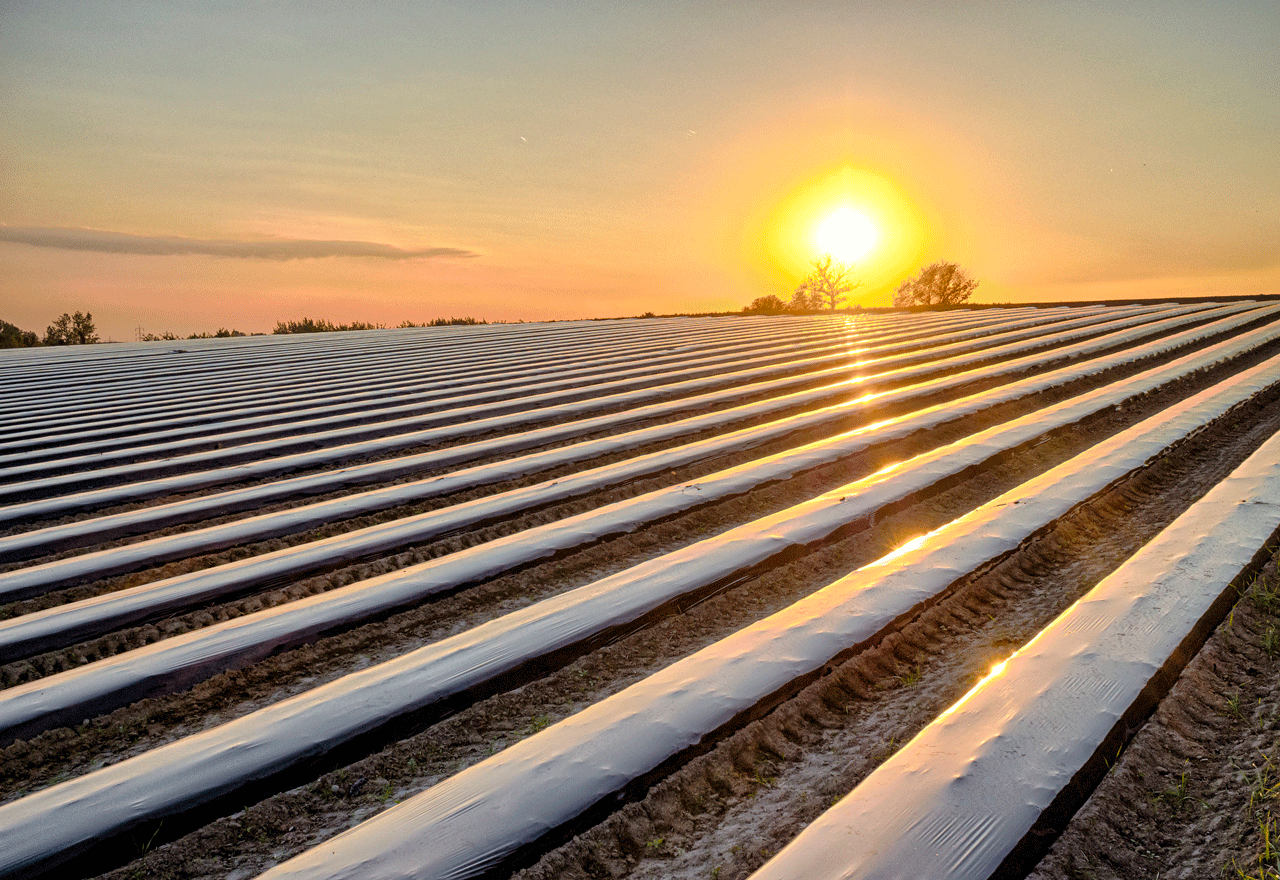The National Organic Standards Board (NOSB) held its fall 2022 meeting in Sacramento, California. For over a decade The Cornucopia Institute has covered these proceedings, and we continue to make this vital information about organic food production available to you. Here’s our analysis of the meeting’s highlights:
Request for Technical Support
The NOSB has issued a proposal requesting technical support for its work. NOSB members currently spend 10-15 hours per week on their duties (all of which is volunteer time). Agricultural and food science continues to evolve rapidly, and industry’s calls to add more controversial materials to the list of inputs allowed in organics require deep and technical reviews by board members.
Cornucopia has been increasingly concerned about the need for more technical understanding on the board and its capacity to review and understand the most current research. This concern was highlighted during the NOSB’s discussions of the controversial ingredient carrageeenan.
Cornucopia is in strong support of this NOSB request for assistance. The board stipulated that USDA, rather than National Organic Program (NOP), should provide the technical personnel. Cornucopia will watch for bias in this unfolding program, but we expect this arrangement will be an improvement over the current lack of technical input.
Improved Data Collection
The NOSB also recommended that the NOP require certifiers to list the total number of acres in production on organic certificates, as well as crop type. Cornucopia believes this is a foundational step to address domestic organic fraud. This reporting would enable inspectors to more easily determine how much corn, for example, could reasonably be sold from a given operation.
As the NOP gathers more data, and more consistent data from certifier to certifier, the organic community will be able to better assess the risk for fraud. The NOP will need to improve enforcement activities, but gathering improved data is a critical step in that direction.
Plastic and Biodegradable Biobased Mulch Film (BBMF)
The NOSB voted to renew the listing for biodegradable biobased mulch film (BBMF). Currently, the listing for BBMF states it must be made from 100% biobased materials, although the NOSB recommended that the annotation be changed to allow for products made from 80% biobased materials last fall. Currently, BBMF tops out at 60% biobased materials, making this listing aspirational with either annotation.
It is concerning that this material would be automatically allowed in organic production if a product met the annotation requirements. It is standard for items on the National List to go through rigorous review, but this aspirational listing would allow a product even before it can be manufactured and tested. “Biobased” does not necessarily mean biodegradable.
BBMF is meant to stay on the soil and degrade, unlike regular plastic mulch. We cannot know whether the microplastics left in the soil by BBMF would outnumber those left in the soil by plastic. Research and development of these products are ongoing.
Some NOSB members felt that keeping the listing for BBMF could potentially encourage manufacturers to make the product. Many farmers are hopeful that there will one day be a replacement for the plastic mulch now in use. Because soil adheres to the material, very little agricultural plastic (if any) is recycled.
While nine NOSB members voted to remove BBMF from the list of allowed materials in organic, the supermajority of 10 votes was not met. (The requirement for a supermajority to de-list materials was announced unilaterally by the NOP in 2013. The change has since prevented the de-listing of several controversial materials, including carrageenan.)
The NOSB later discussed wider questions about the use of plastic in organics. It is clear that farmers, consumers, and many retailers are motivated to stem the wide use of plastic in organic fields and packaging. However, the NOP claimed that regulating plastics is outside the scope of the Organic Foods Production Act, suggesting it would require Congressional approval to act on the plastics issue.
Cornucopia will continue to follow this issue and report on future research regarding potential soil contamination from BBMF.
For a full record of the meeting, read our coverage of the fall 2022 NOSB meeting.


